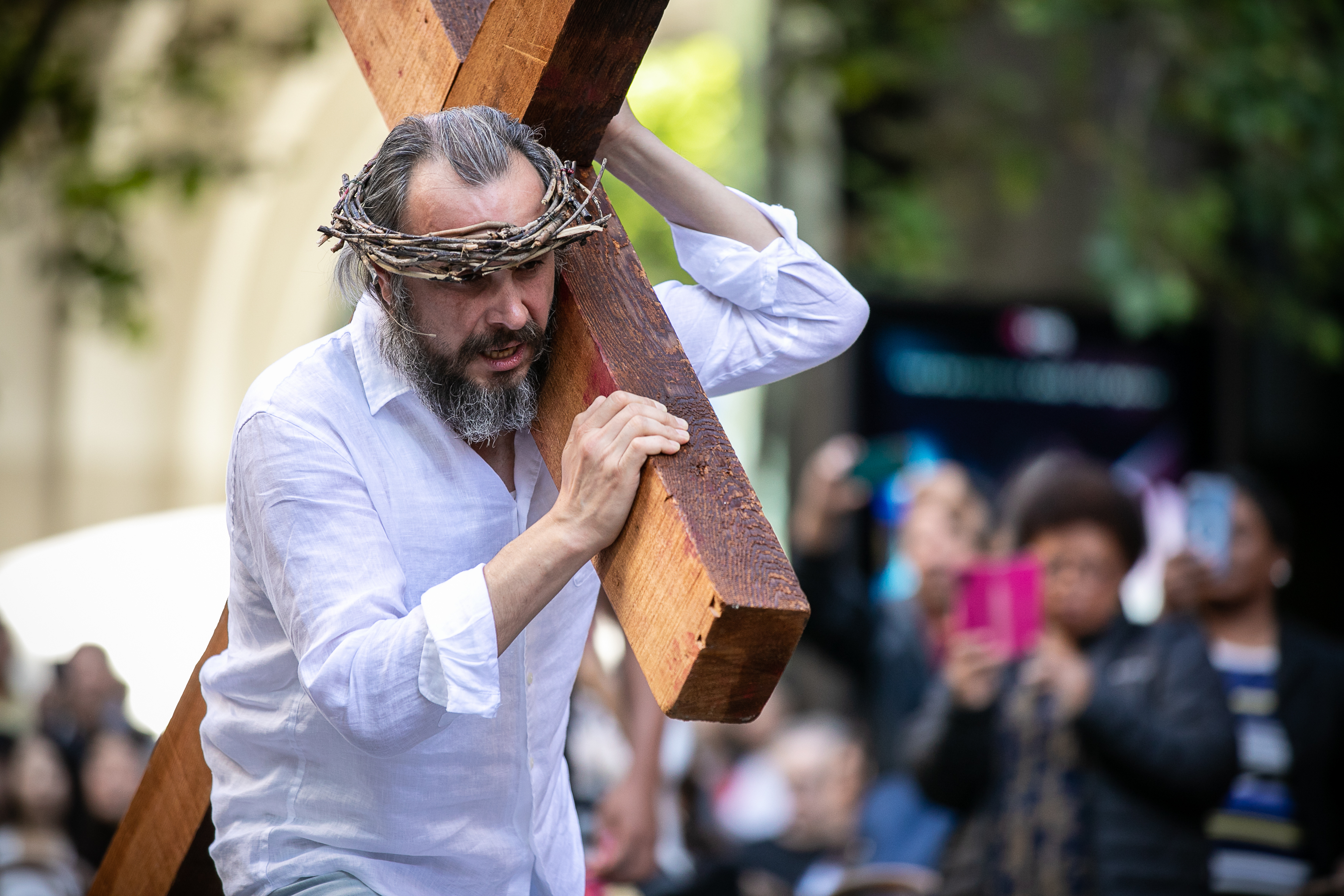I’ve been journaling my way through the stories of Israel’s early kings. There are so many lessons for me as a leader – hard lessons. The bible is bracing in surfacing the rebellious spirit lurking in the dark corners of every otherwise beloved human heart. Amidst stories of God’s patient and powerful faithfulness, the courage of prophets and the undoubted fruitfulness and faithfulness of David and Solomon, we see David’s tragic lust, Absalom’s destructive ambition and Solomon’s casual accommodation of idolatry laying bare the terrible truth that while we all sin, when leaders sin, well, the consequences can be far-reaching.
After Solomon comes the story of a kingdom divided, Israel to the north, led by Jeroboam, and Judah in the south and centred on Jerusalem, led by Solomon’s son, Rehoboam. God promises Jeroboam that through God’s faithful and empowering presence he will establish through Jeroboam’s leadership an enduring kingdom matching his heart’s desires, on the condition Jeroboam obeys God and his decrees. (1 Kings 11:35-38)
A chapter later, skirmishes breaking out and with all-out war between Israel and Judah seemingly imminent, Jeroboam sets about fortifying Israel, his northern kingdom. But he’s worried. Temple worship in Jerusalem to the south is a strong and alluring pull for his people. His anxiety and insecurity overwhelm him:
‘Jeroboam thought to himself, “The kingdom will now likely revert to the house of David. If these people go up to offer sacrifices at the temple of the Lord in Jerusalem, they will again give their allegiance to their lord, Rehoboam king of Judah. They will kill me and return to King Rehoboam.”’
(1 Kings 12:26-27)
It all goes south, and quickly.
Jeroboam makes two golden calves (seriously, how unimaginative – but that’s the nature of idolatry, right?), builds shrines on the high places and commissions all sorts of dodgy characters as ‘priests’. He imagines up counterfeit festival rhythms, and personally and publicly makes idolatrous sacrifices. He leads, and the people follow. And despite prophetic warnings, he persists in his sin, conceived in his insecurity and born through expediency, his own heart not only going tragically astray, but those of the people he leads as well.
Jeroboam had all he needed. He the promise of God’s presence. But it wasn’t enough. In his faithless insecurity, instead of choosing the narrower path of obedience, he takes the expedient and wider road of rebellion, the short cut, trusting in his own strength rather than God’s. In the end, it’s the insecure faithlessness and unimaginative expediency of Jeroboam that leads to God’s judgment, and with it, his and the nation’s eventual downfall.
Insecurity and expediency are kryptonite to a spiritual leader and communities, deadly and destructive. Sometimes I’ve given into my leadership anxieties and insecurities, taking expedient shortcuts. I have always deeply regretted doing so. But God is good and patient and kind. Oh, so patient. I have learned, and am re-learning all the time that, with God, I can be a strong and courageous leader – steadfast and true. But only with God, my confidence not in myself, but grounded in him, in God’s goodness and faithfulness. Fixing my eyes on Jesus, I don’t need to take short cuts, but can run the race marked out for me until I reach my finish line and then – oh what a day – am enveloped in the joyful arms of Jesus.



